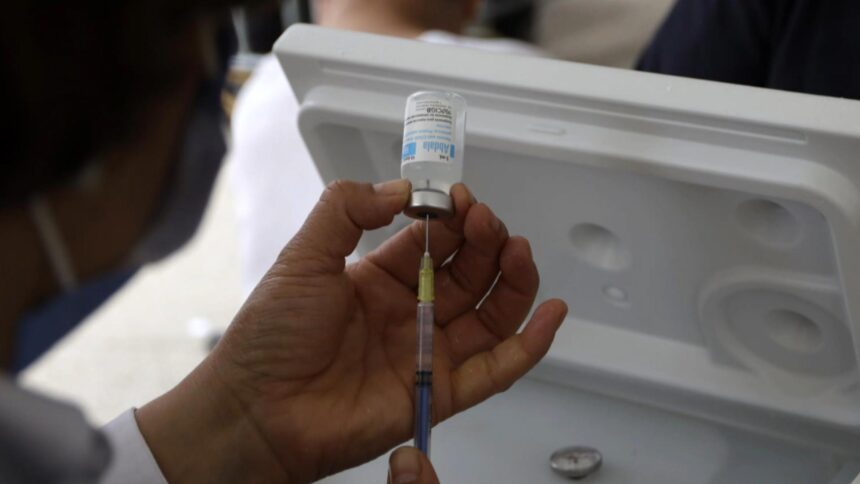FDA Updates Heart Injury Warnings for COVID-19 Vaccines
The Food and Drug Administration (FDA) has announced a significant expansion of warning labels for the COVID-19 vaccines developed by Pfizer and Moderna, particularly regarding the risks associated with myocarditis and pericarditis among young males. This update stems from new findings and emphasizes safety data that emerged from recent studies.
In letters dated April 17, the FDA directed both Pfizer and BioNTech regarding their Comirnaty vaccine and Moderna concerning its Spikevax vaccine, mandating enhanced labeling to reflect these risks. Previously, the vaccines’ labels highlighted that heart-related side effects were more pronounced in young men aged 18 to 24 for Moderna and 12 to 17 for Pfizer. The new directive broadens this age range to include males from 16 to 25 years for both vaccines.
Increased Risk Findings
According to the revised warnings, following the administration of the mRNA COVID-19 vaccines’ 2023-2024 formula, the FDA indicated that males aged 16 to 25 exhibited the highest estimated rates of myocarditis and pericarditis. The agency reported a compelling figure: an incidence rate of around 38 cases per million doses within this specific age group.
The overall incidence of these heart-related conditions post-vaccination was approximately 8 cases per million doses in individuals under 65, underscoring that while the side effects are classified as rare, the risk is notably higher among younger males.
Expert Insights and Future Research
The Centers for Disease Control and Prevention (CDC) has previously characterized myocarditis and pericarditis as uncommon occurrences following COVID-19 vaccinations. Officials noted that acute cases generally resolve quickly and that recent data has shown no increased risk among individuals aged 12 to 39. However, new FDA guidelines reflect a commitment to transparency regarding potential side effects.
Andrew Nixon, a representative from the Department of Health and Human Services, stated that it was essential for Americans to have clear information on the safety and efficacy of COVID-19 vaccines, indicating a priority on informing people about adverse events.
Study Context and Ongoing Investigations
These updates come in light of recent studies conducted to track the effects of myocarditis in individuals post-vaccination. Many of those affected were young males who experienced chest pain and elevated troponin levels, a protein indicating potential heart damage. Although the clinical manifestations were typically mild, the research identified a commonality of myocardial injury among this demographic.
Moreover, while heart MRI results showed signs of improvement over time for most patients, the long-term implications of these findings remain unclear. The FDA is currently undertaking studies to ascertain whether myocarditis following mRNA vaccines has lasting effects on cardiovascular health.
Table: Risk of Myocarditis and Pericarditis by Age Group
| Age Group | Incidence Rate (per million doses) |
|---|---|
| Children and Adults Under 65 | 8 |
| Males 16 to 25 | 38 |
As the FDA works through the implications of this updated warning, it is important for affected individuals or those considering vaccination to stay informed and consult healthcare professionals regarding any concerns related to COVID-19 vaccines.




